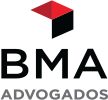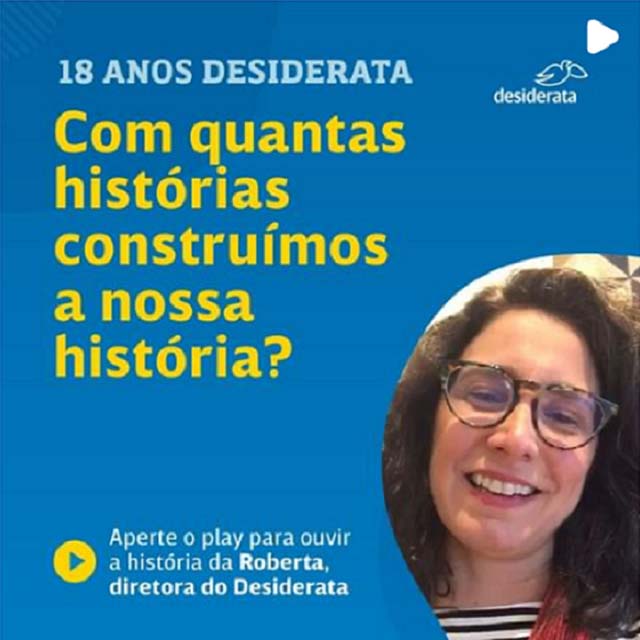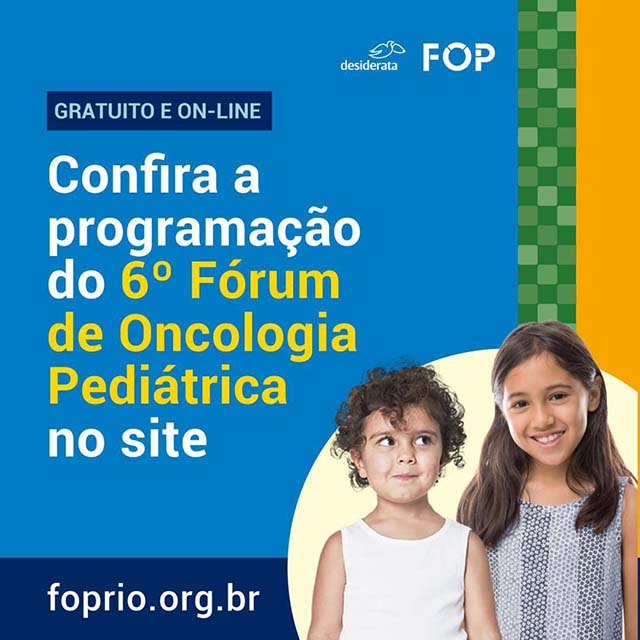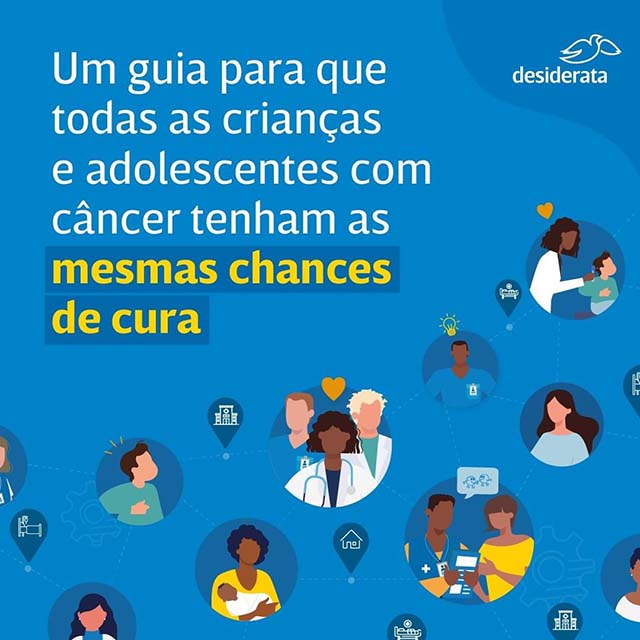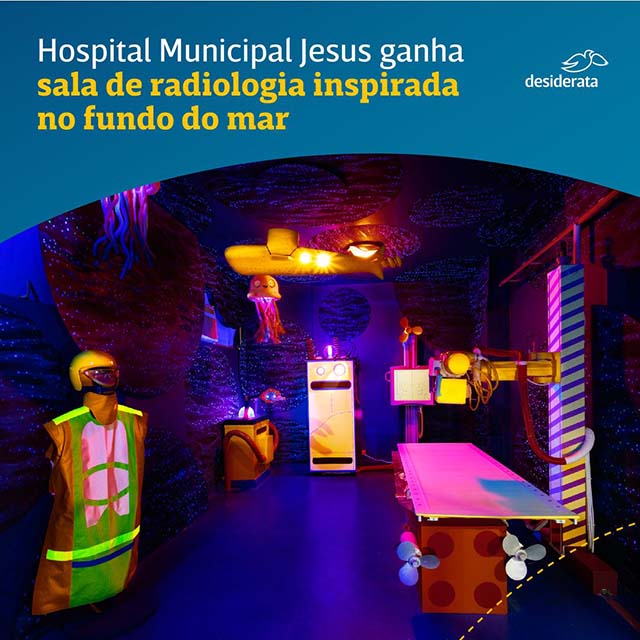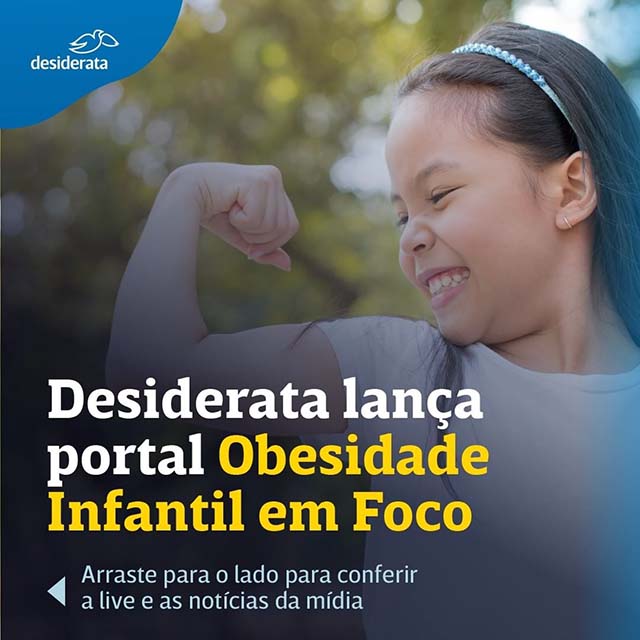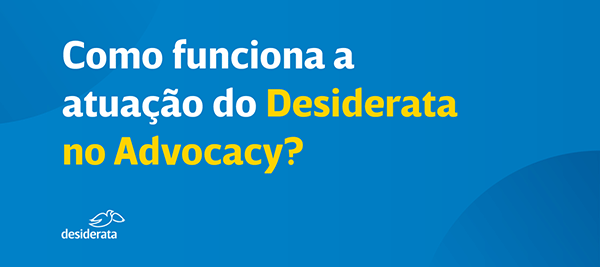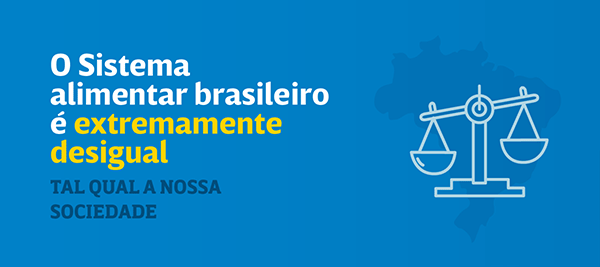Introduction
In 2021, amid all the challenges brought by the second year of the pandemic, we celebrated 18 years of developing and strengthening public health policies to promote healthier lives for children and adolescents. Since its creation, the Desiderata Institute has championed this as the best strategy to reach more families in a just and egalitarian way. The achieved results make us confident about taking the first steps to expand our operations beyond Rio de Janeiro, where our history began.
Our pioneering project, the Unidos pela Cura (UPC), a strategy to promote early diagnosis of childhood cancer, which brings together managers from the Brazilian Public Health System and specialized hospitals, and civil society organizations, began its journey to reach other Brazilian states this year. Until 2021, more than 2,400 pediatric patients were cared for in Rio. Our goal is for this successful initiative to spread so that more and more children will have greater chances of being cured. An important first step in this direction was the launch of the UPC Guide, a manual for health managers who wish to implement this strategy in their own municipalities.
Childhood cancer care is in Desiderata's DNA, and to further expand discussion on the matter, we held the 6th Pediatric Oncology Forum. In its first online version, the forum reached hundreds of participants from all over Brazil, consolidating itself as a strategic space for discussion and proposition of public policies on the subject at a national level.
The use of virtual spaces and tools, accelerated by remote work, proved to be opportune not only to mobilize specialists and those interested in our causes, but also to expand our training of primary care professionals. To strengthen early diagnosis of cancer and the prevention and care of obesity in children and adolescents, we launched an online learning platform, offering a free course on each subject to these health professionals. The information obtained from the first classes is being used to improve student experience in the course and expand its reach to other municipalities, following our practice of evidence-based decision-making.
On our opening legislative advocacy actions, we attained a significant victory in Rio’s City Council, with the approval in its first voting round of a bill that implements measures to contain the growing rates of childhood obesity in the municipality. The political discussions and advocacy campaign promoted by Desiderata in favor of the bill, with the active involvement of our Board of Directors, were fundamental to promote public debate about this topic. The launch of the Online Panorama on Obesity in Children and Adolescents also supported our strategy of disseminating information to support data-driven policymaking.
These developments, among many others listed in this annual report, helped us consolidate ourselves as relevant actors in the public health scenario. Amid the difficulties brought about by the pandemic, we strengthened our institution, our practices, and the results of our work, which you can see in more detail in the following sections.
We wish you a good read!
Mark Essle, President of the Board of Directors
Desiderata team
















